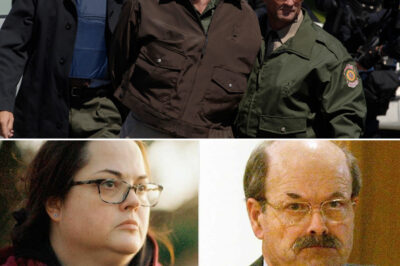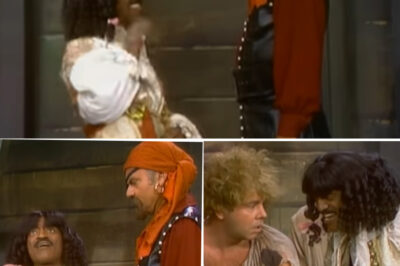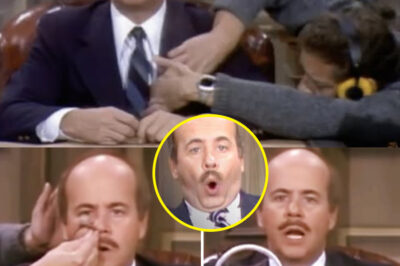Dave Chappelle Ignites Global Debate on Free Speech After Explosive Riyadh Comedy Festival Performance
Riyadh, Saudi Arabia — Comedy legend Dave Chappelle, known for his fearless humor and sharp cultural critiques, once again found himself at the center of worldwide controversy following his headline performance at the Riyadh Comedy Festival. Appearing before a packed arena of over 6,000 people, Chappelle delivered a daring, thought-provoking set that mixed political commentary, personal storytelling, and satire — culminating in remarks that have reignited the debate over free speech and censorship in America.
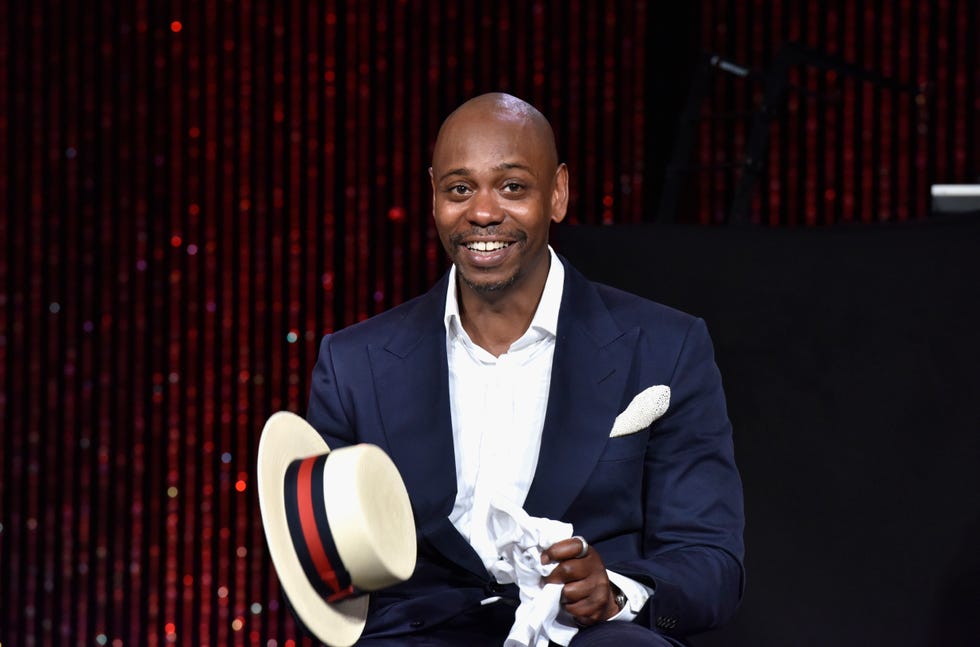
A Controversial Set That Shook Audiences
The performance touched on a range of delicate subjects, including the recent uproar surrounding the death of conservative commentator Charlie Kirk. True to form, Chappelle approached the topic with a balance of humor and provocation, opening with a line that immediately set social media ablaze:
“Right now in America, they say if you talk about Charlie Kirk, you’ll get canceled. I don’t know if that’s true — but I’m about to find out.”
The audience reaction was a mix of laughter, gasps, and murmurs — a familiar response for a comedian who has built a career on testing society’s comfort zone.
“I Feel Freer Here”: Chappelle’s Comments on U.S. Censorship
One of the most viral moments of the night came when Chappelle remarked:
“It’s easier to talk here than it is in America.”
The line — delivered half-jokingly — was instantly dissected online, with critics calling it hypocritical to discuss “freedom” while performing in a country often criticized for strict media and speech laws. Yet fans and cultural analysts defended the comment, arguing that Chappelle was using irony to highlight how perceptions of freedom vary between societies.
“Chappelle is a master of contrast,” said one industry insider. “By performing in Riyadh and referencing American censorship, he’s forcing audiences to question what freedom of expression really means — and who actually controls it.”
The comedian has long positioned humor as a tool to expose uncomfortable truths, and his Riyadh set embodied that philosophy — provoking reflection as much as laughter.
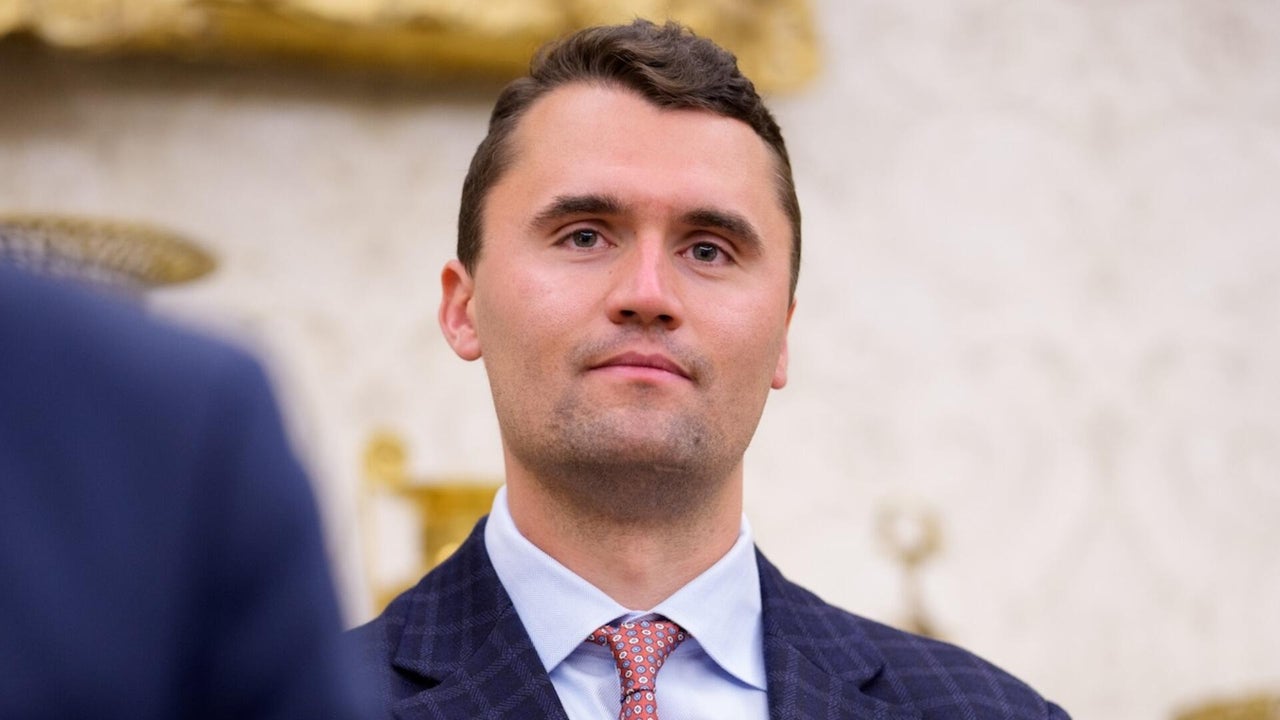
A Career Defined by Controversy and Courage
Since his early success on Chappelle’s Show, the comedian has built a reputation as one of the most unapologetically honest voices in entertainment. His body of work — from race and politics to gender and media power — often walks the line between outrage and enlightenment.
Despite decades of backlash, Chappelle continues to sell out arenas across the globe, cultivating a fanbase that values his willingness to speak unfiltered truths. Critics call his style “comedy in the gray zone,” a delicate balance of offense and insight. His Riyadh performance fit that mold — addressing sensitive topics not for shock value, but to expose how modern society navigates grief, division, and hypocrisy.
In his own words:
“I talk about what I see. Some people laugh, some don’t. That’s honesty — and honesty comes with risk.”
The Charlie Kirk Moment and Media Reaction
The mention of Charlie Kirk’s passing — already a politically charged event in American media — added fuel to an already volatile cultural conversation. Chappelle’s treatment of the subject wasn’t mocking, say critics and supporters alike, but rather an examination of how society weaponizes tragedy.
“Chappelle wasn’t laughing at death,” said London critic Anika Sullivan. “He was criticizing how people react to it — how outrage becomes performance. But subtlety doesn’t always survive in the age of headlines.”
The Bigger Picture: Free Speech, Cancel Culture, and Accountability
Chappelle’s remarks arrived amid an ongoing battle in Hollywood and online spaces over cancel culture and the boundaries of comedy. His commentary mirrors similar debates that have engulfed other entertainers — from late-night hosts to streaming stars — accused of crossing the line between humor and harm.
“Comedians once played the role of truth-tellers — modern jesters,” said media scholar Marisa Fulton. “Now every joke becomes a trial. Every punchline is evidence.”
In this context, Chappelle’s Riyadh set felt less like a routine and more like a philosophical challenge to audiences: can humor still exist in a world that polices speech?
Critics Cry Hypocrisy — Fans Defend Context
Not everyone was convinced. Detractors accused Chappelle of irony, if not hypocrisy, for criticizing American censorship while performing in Saudi Arabia — a nation with well-documented limits on artistic and journalistic freedom.
Supporters countered that the global stage itself was the statement. “Comedy crosses borders,” said Los Angeles producer Daniel Reed. “By performing there, he’s showing that humor and truth can travel anywhere — even into places where speech is tightly controlled. The tension is the point.”
A Mirror for Modern Media
The Riyadh performance underscored the fragile balance between artistic freedom and public accountability in the digital age. Every word, gesture, and joke can be clipped, shared, and reinterpreted within minutes, transforming live art into viral controversy.
Attendees described the set as “layered and electric” — a mix of social commentary, introspection, and satire. “He’s not trying to be safe,” said one festivalgoer. “He’s trying to make us think, even if it hurts a little.”
The Aftermath: Global Reactions and Ongoing Debate
By the time Chappelle walked offstage with a sly grin, he already knew what was coming. “They’ll talk about this when I get back,” he quipped — and he was right. Within hours, international headlines dissected his remarks, asking whether he had once again gone too far or simply done what great comedians do best: tell the truth no one wants to hear.
For some, the performance cemented Chappelle’s legacy as a fearless cultural commentator. For others, it blurred the line between bravery and insensitivity. But regardless of perspective, one thing remains clear: few artists in modern entertainment command the power to ignite such a global discussion with a single performance.
The Legacy Continues
As the debate unfolds, many expect Chappelle to address the fallout in a future special or interview — perhaps even doubling down rather than retreating. His Riyadh set stands as both a provocation and reflection, a reminder of comedy’s unique role in challenging comfort zones and exposing contradictions.
Whether hailed as a visionary or condemned as reckless, Dave Chappelle remains the defining voice in modern comedy, a performer unafraid to test how far truth can go before it becomes too heavy to laugh at.
News
🔥 The Pitt Secured: HBO Quietly Locks in the Show’s Future Ahead of Season 2
The instant-hit medical drama, starring Noah Wyle, Katherine LaNasa, and Shawn Hatosy, among others, returns to HBO Max on Thursday…
🔇 Silence Becomes a Weapon: Anne Hathaway, Kate Winslet and Liev Schreiber in a Ch-i-lling Psychological Mystery
The Silent Patient (2026) The Silent Patient (2026) opens in a clinical, emotionally restrained world where trauma has stripped language of…
🚨 Heartland Season 20 Sh0ck: Amy Fleming’s One Decision That Could Change Everything Forever
As Heartland Season 20 approaches, anticipation feels different this time. After nearly two decades on air, the beloved series appears ready to…
🔥 Netflix Drops Ch-i-l-ling True-Cr-i-me Doc: A Loving Father’s Secret Double Life Exposed
Imagine discovering your father is one of America’s most notorious serial killers. For Kerri Rawson, that unthinkable nightmare became a…
A Comedy Shipwreck in Real Time: The Unscripted Live TV Moment That Broke The Carol Burnett Show
Comedy legends Tim Conway, Sammy Davis Jr., and Harvey Korman present a rollicking adventure on the high seas in a…
The Live TV Disaster That Became Comedy Legend: How Tim Conway Accidentally Broke The Carol Burnett Show
Tim Conway’s Hilarious Microphone Mayhem on The Carol Burnett Show In one of the most side-splitting moments from Season 11,…
End of content
No more pages to load




